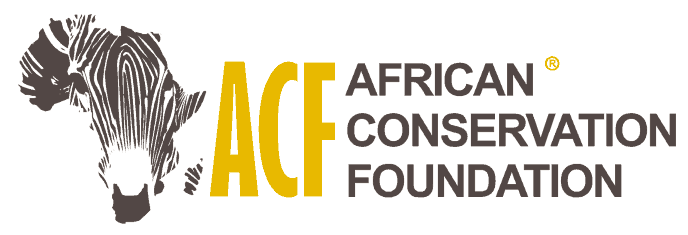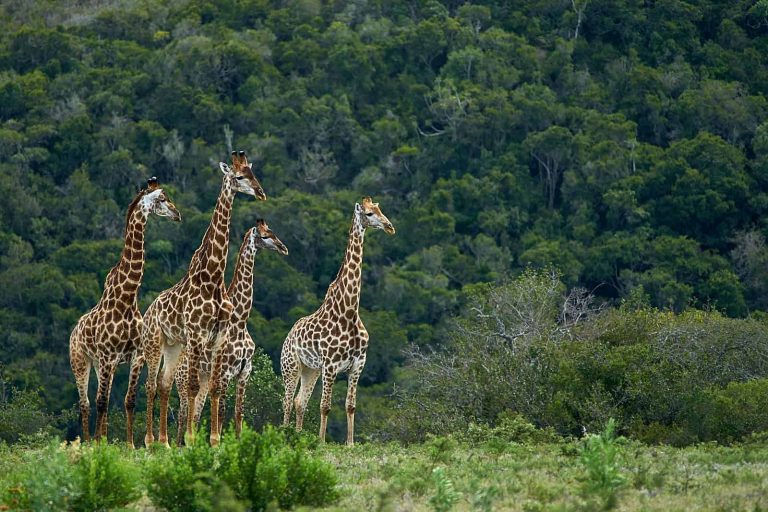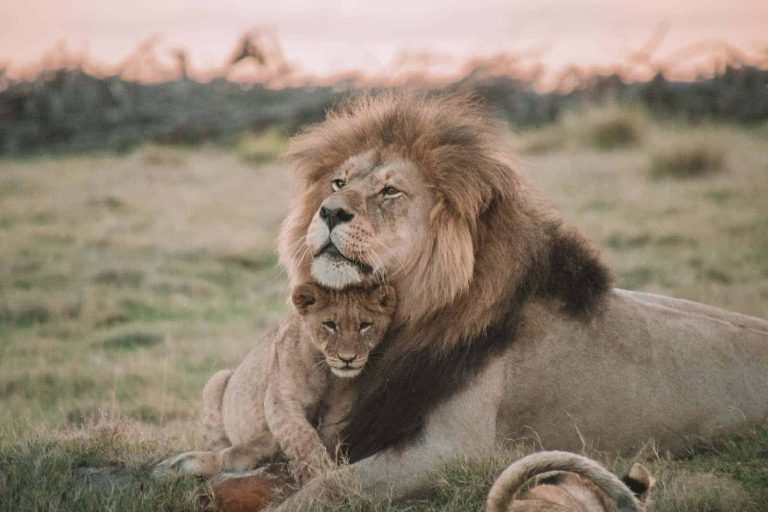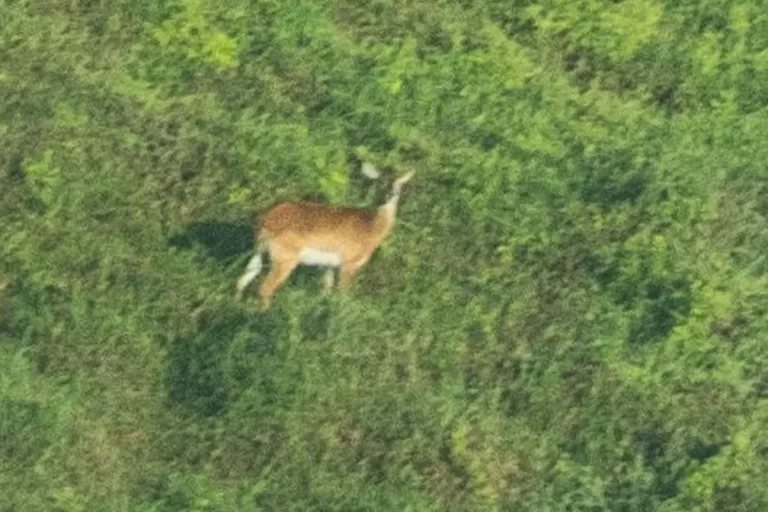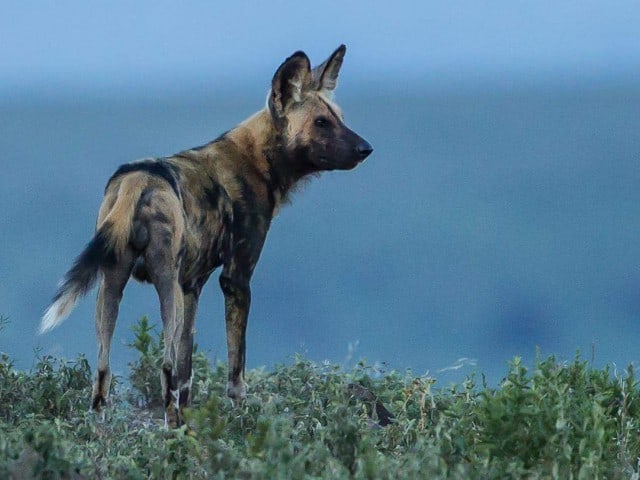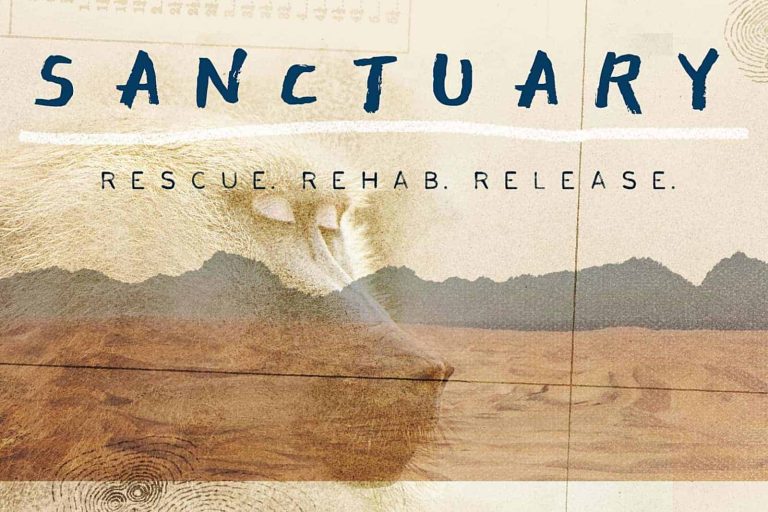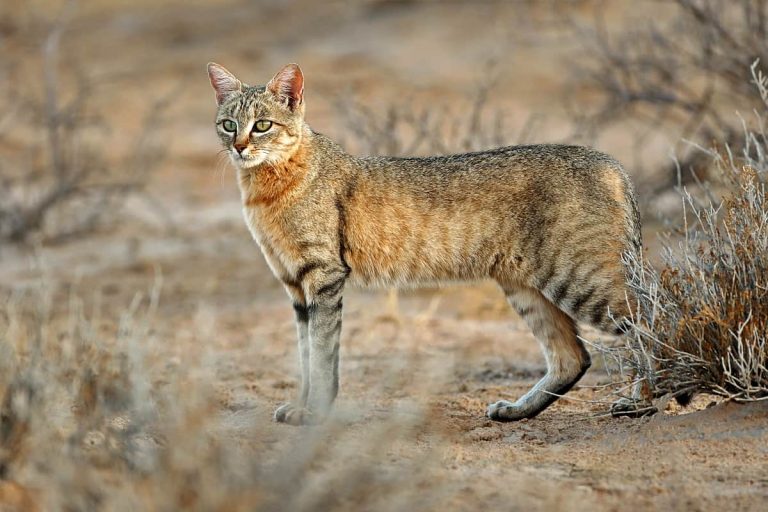Night Matters: How Dark Skies Support Wildlife, Culture, and Conservation
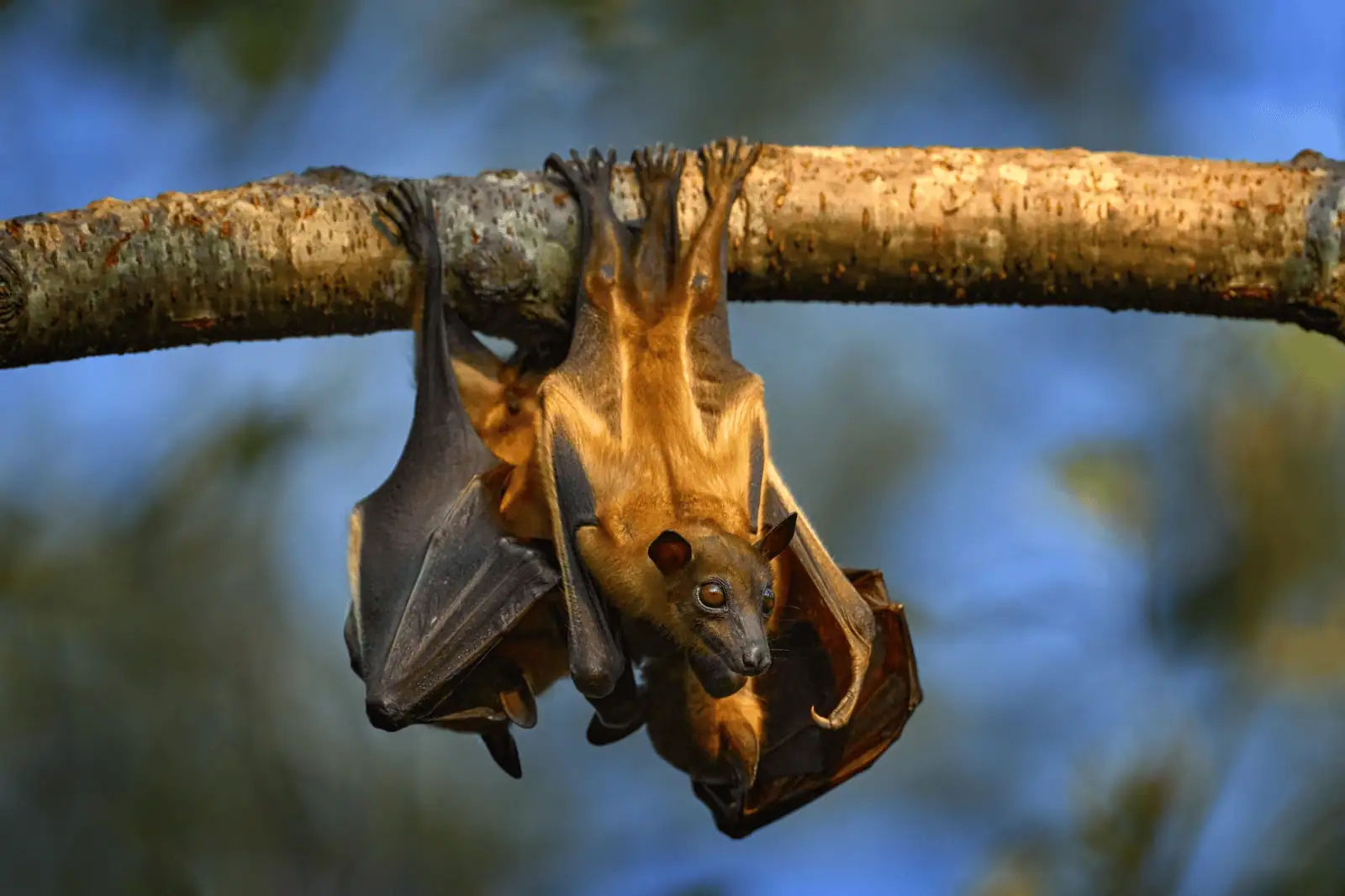
International Dark Sky Week is a global celebration of the night – one that is most often associated with star-gazing. But this year, Dark Sky International and Bats without Borders have come together to highlight the importance of darkness for all creatures of the night
Darkness plays a rarely-acknowledged but crucial role in the health of our planet’s ecosystems, in human health, in our cultural heritage, the advancement of science and space exploration – and yet 80% of the world’s population now lives under light-polluted skies.
Not so in Africa! Africa boasts some of the darkest skies on Earth, with many rural areas enjoying truly dark nights. These unique and pristine skies afford visitors a rare and awe-inspiring celestial viewing experience. But without intervention, African dark nights will also disappear, pushed back by advancing infrastructure development and urbanisation. Regulations to safeguard the quality of dark skies are largely absent and understandably, energy efficiency often takes precedence over preserving darkness. The threat of light pollution is growing for one of the world’s fastest urbanising regions, and with it a number of unique consequences.
Africa is home to a number of exceptional nocturnal species, including bats, foxes, bushbabies, aardvarks and pangolins, to name but a few. It is also home to remarkable plant life, such as the African baobab tree, which can live for centuries and blooms at night, attracting nocturnal pollinators. Flat-topped acacia trees are prevalent in the drier savannas, playing a crucial role in nocturnal food webs by supporting arthropods and bats. Bats in particular are among the most threatened mammals globally and rely heavily on the darkness for cover and to find prey.
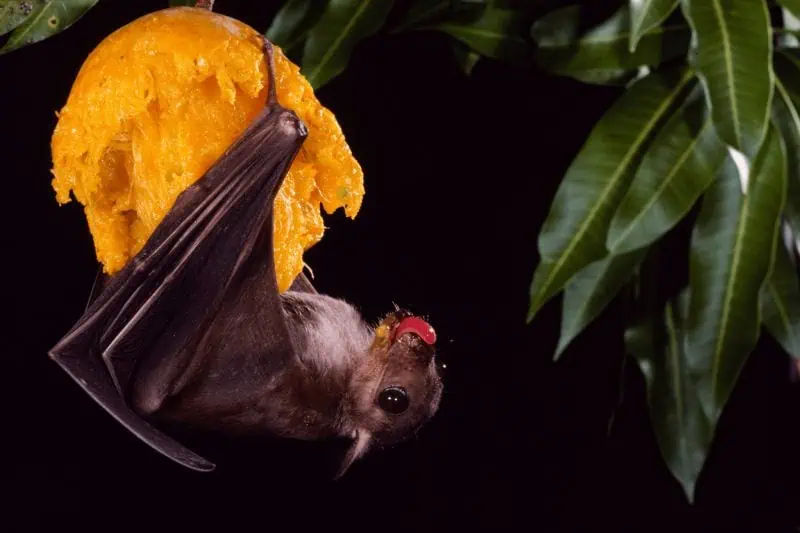
Africa is an important biodiversity hotspot for bats, with over 200 known species – a number that is rising all the time, as new species are discovered. Nevertheless, the continent is a bat conservation void where species are threatened by habitat loss, agricultural intensification, disturbance and climate change. In some areas bats also face persecution by people or are hunted for bushmeat. Artificial light at night (ALAN) can negatively impact the foraging and roosting behaviour of bats – yet another risk factor for these already threatened populations.
“These remarkable nocturnal mammals play a vital role in ecosystems by pollinating plants, dispersing seeds and controlling insect populations. But increasing artificial light at night disrupts their natural behaviours, making it harder for them to navigate, feed and survive. By protecting the night, we also protect the biodiversity that depends on it” says Natasha Chortos of Dark Sky International
Safeguarding Africa’s dark skies is also essential for the future of the regions’ wildlife and travel industries. Global interest in Dark Skies tourism is on the rise and Africa is ideally positioned as a destination for travellers eager to explore the cosmos. There are presently two designated International Dark Sky Places (NamibRand Dark Sky Reserve and the !Ae!Hai Kalahari Heritage Park) with more needed for preserving and protecting dark skies across Africa.
So-called nocturism includes a whole host of nighttime experiences; everything from stargazing and star-bathing to aurora-hunting and night-safaris. If you enjoy getting up close and personal with nocturnal wildlife, few such experiences rival the breathtaking spectacle of the world’s largest mammal migration in Zambia’s Kasanka National Park. Every year, between October and December, as many as 10 million straw-coloured fruit-bats (Eidolon helvum) fly for thousands of miles from all over Africa to converge on this evergreen swamp forest –attracting nature-lovers from around the globe.
Bats without Borders is a charity dedicated to conserving bats, biodiversity and healthy ecosystems within southern Africa’s changing landscape. The organisation supports applied research that informs targeted conservation, strengthens local capacity and promotes positive public engagement. This Dark Skies Week, Bats without Borders is raising funds for a first African fruit-bat monitoring programme. The campaign is part of the Green Match Fund, an initiative that will double the value of donations made between April 22nd and 29th – the perfect opportunity to double the difference that you can make to community-led bat conservation!
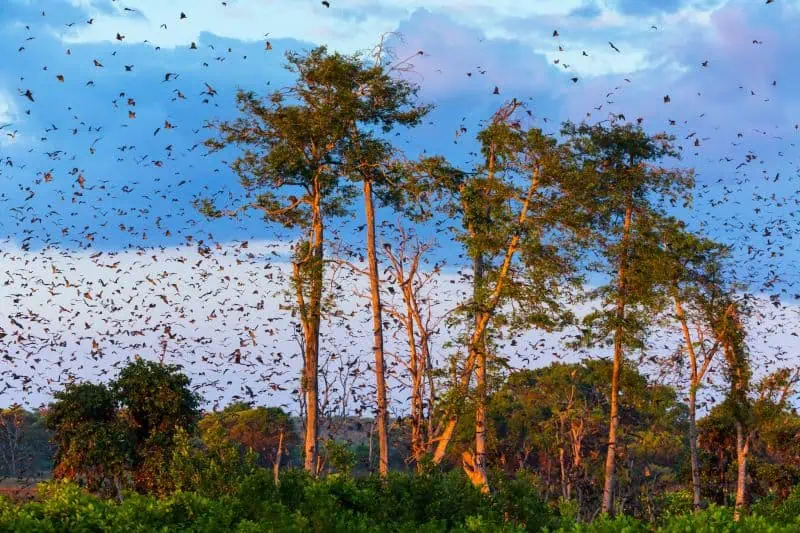
‘Twin climate change and nature emergencies, mean that our wildlife is under unprecedented pressure. But for many bat species in southern Africa, we simply don’t know the status of the species. There is huge value in community science as a way to collect invaluable data that can be used over time, to better understand bat population trends. This evidence-base will help inform the conservation action that is needed to protect bats in southern Africa’ says Dr Rachael Cooper-Bohannon conservation scientist and founder of Bats without Borders.
Double your support for bats of southern Africa this Dark Sky Week
